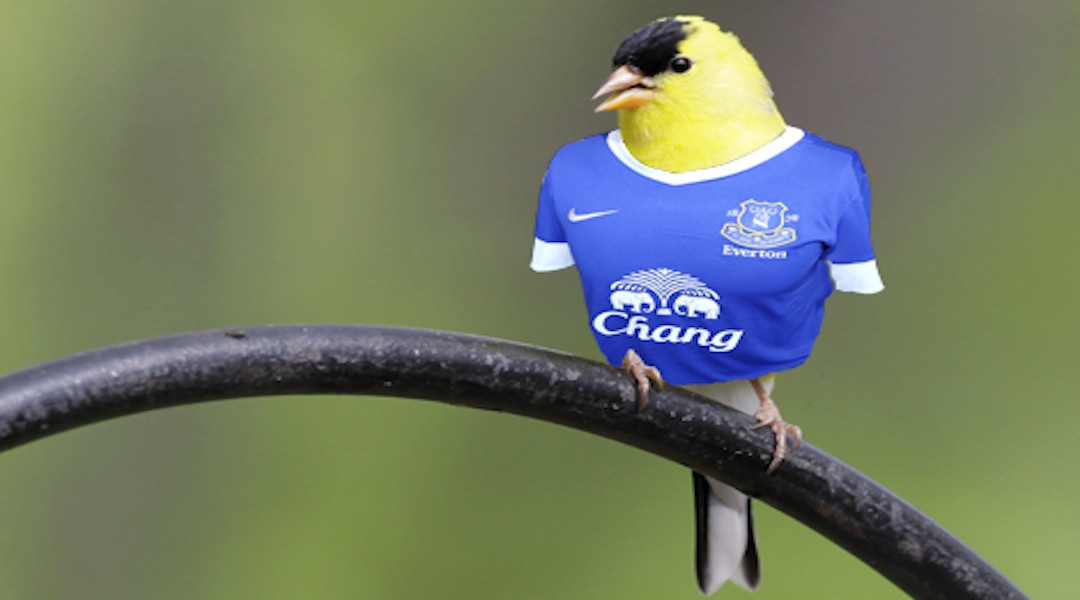Everton asked to explain why they had a finch farm anyway
The local authorities have stuck their beak in

Everton's business model has come under scrutiny today after the local council purchased the club's finch farm, raising questions as to why the club was breeding finches in the first place.
Despite consistent top-eight finishes over the past few seasons, Everton have suffered from years of underinvestment in the playing staff, with chairman Bill Kenwright repeatedly insisting that no money was available to strengthen the squad.
However, the club's generous funding of the 55-acre aviary has cast doubt on these claims. Nearly £44m has reportedly been invested in the finch farm since 2001, including the entirety of the £15m received from the transfer of Jack Rodwell to Manchester City last summer. Up to half a million finches are thought to be housed there, with the club employing 12 full-time bird keepers and an avian vet.
"I think most fans would tell you that a finch farm should not be the club's first priority," Everton supporter Mark Franks told FourFourTwo. "If we pulled out of deal for [Belgian midfielder] Leroy Fer because we couldn't afford his wages, while at the same time employing a classical harpist to help soothe Mr Kenwright's more anxious finches, then you have to wonder whether he really has the best interests of the club at heart."
The revelations also cast new light on some of outgoing manager David Moyes' more cryptic remarks, including "a finch could have scored that," "the referee had terrible monocular vision," and "if Phil Jagielka doesn't recover from a thigh strain, I'll be forced to pick a linnet."
But Everton have defended the existence of the farm, claiming it creates employment in the area and brings in much-needed revenue to the Merseyside club.
"Finch numbers had been declining in recent decades, and Everton's finch farm quietly helped to turn things around," a club spokesman told journalists, while refusing to elaborate on suggestions that the club had been respraying goldfinches a shade of Evertonian blue. "The finches we sell are healthy, well-trained, and loyal - the people's finches, you might say."
Get FourFourTwo Newsletter
The best features, fun and footballing quizzes, straight to your inbox every week.
"Any profit the finch farm made was directly reinvested for player purchases," the spokesman continued. "No finch farm, no Apostolos Vellios. It's as simple as that."
New manager Roberto Martinez has welcomed the sale of the finch farm, pledging to use the case to fund a community petting zoo, featuring goats, lemurs and Duncan Ferguson.
